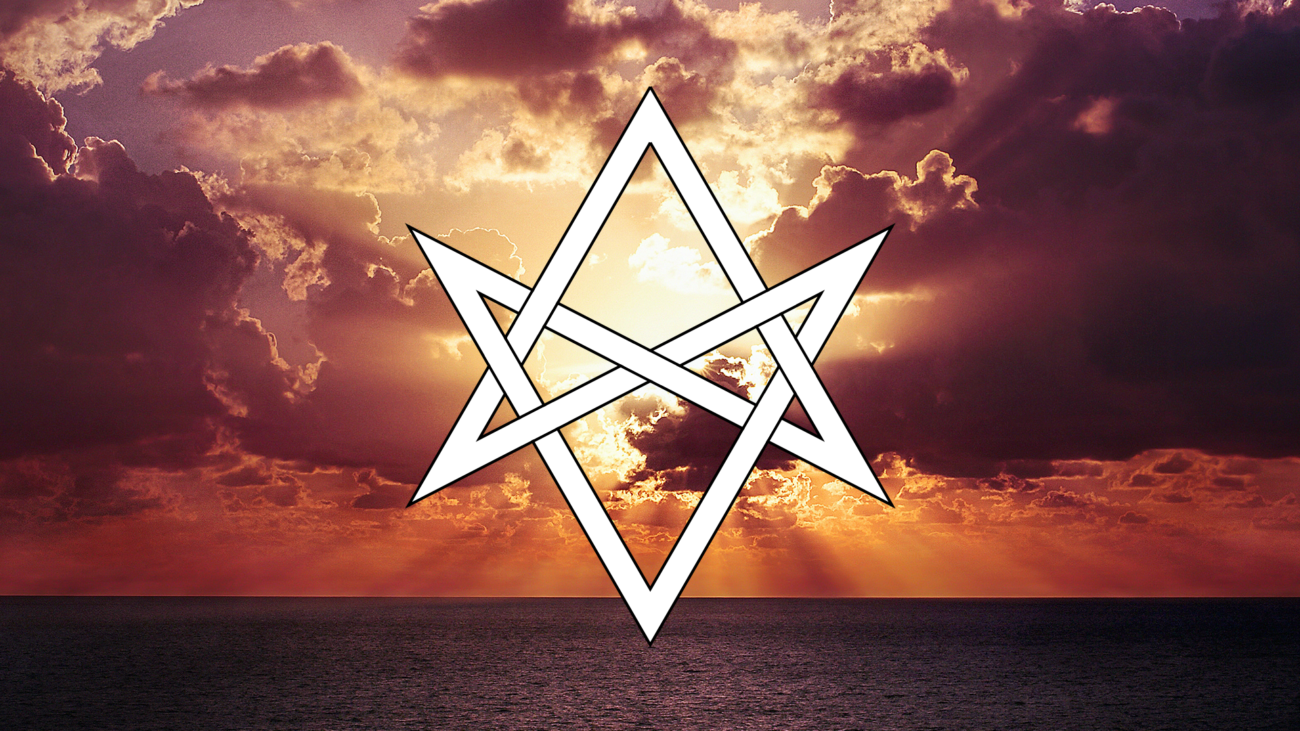I’m finishing an article on Consensus Thelema which I hope to release later this week. I anticipate people are going to feel hurt by it. But I’m sure one of the questions I’m going to get asked is, “So what’s the alternative?”
In my opinion, before rushing off to find alternatives to things, it’s important to just sit with the problem, sit and appreciate the darkness and really experience it as a problem, as this makes it more likely that a proper diagnosis will be formed and an actual solution found.
That being said, here’s my sketch of what the remedies would look like.
Bring Back the Macrocosm
Consensus Thelema has largely jettisoned the Thelemic macrocosm—which is ironic, since the Book of the Law pretty much is just a description of the macrocosm (at least by Crowley’s lights). Instead all truth has been reduced to microcosmic truth: what is true is what is true for/works for me personally. We need to bring back transpersonal truth—which really means we need metaphysics.
But it has to be done carefully. A lot of metaphysics is stupid. It’s been critiqued pretty thoroughly now for, oh, I don’t know, 2,000 years? You can’t just dive right in without setting some ground rules first. Thankfully that does not require retracing the entire history of metaphysics. But that is a project that needs to be carried out with some care.
Develop a more comprehensive account of transcendence
Consensus Thelema assumes a kind of transcendence: the self-transcendence that enables one to be autonomous and free. We need a fuller account of the transcendence of the external world (the particular way in which Nuit transcends Hadit). Reality is not simply created by us. The spirituality has to be about more than simply “manifesting” stuff. There has to be a deeper appreciation for the giveness or gift of being. This makes room for gratitude, wide-eyed wonder, and agape. It also gives us something to model a Thelemic community on other than the mere secular assumption of allowing people freedom of self-determination.
And we need a fuller account of the transcendence of the divine which reduces neither to self-transcendence nor the transcendence of external nature. Crowley’s holistic monistic assumptions have to be gone through and critiqued, both in terms of his own intentions but also in light of an authentic experience of the divine. Reformed metaphysics needs to be balanced with reformed empiricism which gives the excess of the divine its due.
Another word for “transcendence” is just “duality”. Thelema is heavily tilted toward monism, but monism very quickly becomes its own kind of iron cage. We need a more robust account of the place of duality so that Thelema does not become a mere repetition of the overculture.
Develop a proper account of finitude
The doctrine of restriction and sin needs to be carefully examined and contextualized so that we’re not simply divinizing our egos or divinizing a secular ethos.
The metaphysics of self in Thelema needs to be ruthlessly criticized and contextualized. The distinction between self and Self is not at all robust enough and is more often than not deployed as a thought-terminating cliché than an actual answer to an actual problem. Divinity needs to be understood and approached beyond the logic of self and selfing. This is another case where we need to set the metaphysics aside and make sure we’re giving the phenomenon its due.
In other words we need to give a fuller account of our dependence in order to balance out the Thelemic over-emphasis on autonomy.
Articulate the points of contact between divinity and reality
Thelema is premised on the idea that union can occur between the individual and God. This has to be handled with care in order to avoid the divinization of aspects of the ego (for instance, the sanctification of my power of choice or consumption) and also to avoid dragging God down into reality and thereby eliminating the power of transcendence or even critique.
Religion used to be premised on the idea that there were certain places on the planet where the divine could be encountered, usually through some gatekeeper. Modernity has rightly criticized this idea. That being said, simply waving one’s hand and saying “everything is God” hasn’t been of much help either. It leads, ironically, to a flattening of existence and a loss of significance.
So what are the particular exercises, say, that make the divine available to us? If mere indulgence is not the answer, then what is? Who or what are the “gatekeepers” within us or within experience, how are they to be approached, and what are the passwords?
